HotSpots H2O: Tracking Covid-19 Cases in the World’s Most Vulnerable Countries
Women and children queue at a health clinic in Kapua, Turkana County, northwest Kenya, 29 January 2017. Photo by Russell Watkins/DFID.
The number of confirmed Covid-19 cases in countries identified as priorities in the humanitarian response to the coronavirus pandemic has surpassed 30,000, according to data collected by ReliefWeb, an online hub for international aid work.
The data is drawn from the United Nations, NGOs, and other relief agencies. It covers 25 countries that are experiencing major humanitarian crises, from Venezuela and Somalia to Myanmar. Most are enduring widespread shortages of food, water, and healthcare, and many are enmeshed in long-lasting conflicts.
As of May 2, a total of 31,868 Covid-19 cases had been confirmed in these countries, resulting in 1,116 deaths. A ReliefWeb map showing the number of cases in each country is updated frequently.
Of the 25 countries, Ukraine is currently experiencing the largest number of confirmed cases, with 11,411. Colombia (6,507 cases) is second followed by Afghanistan (2,469).
In response to the unfolding pandemic, the United Nations developed a $2 billion Global Humanitarian Response Plan aimed at supporting countries most devastated by conflict and poverty.
“The world is only as strong as the weakest health system,” writes António Guterres, Secretary-General of the United Nations, in the forward to the plan. “This COVID-19 Global Humanitarian Response Plan aims to enable us to fight the virus in the world’s poorest countries, and address the needs of the most vulnerable people.”
The plan profiles each at-risk country, and notes that several are afflicted with inadequate water and sanitation systems, including Haiti, Nigeria, and Venezuela. It also lists drought as an emerging concern in Iran and Myanmar. Experts warn that water shortages disrupt handwashing efforts that are a first line of defense against the virus.
The plan details possible outcomes of Covid-19 through December 2020, and urges worldwide governments to respond quickly in order to minimize the devastation.
“I see three critical areas for action,” Guterres writes. “First, tackling the health emergency. Second, we must focus on the social impact and the economic response and recovery. Third, and finally, we have a responsibility to recover better.”
Kayla Ritter is a recent graduate of Michigan State University, where she studied International Relations and Teaching English to Speakers of Other Languages. She is currently based in Manton, Michigan. Kayla enjoys running, writing, and traveling. Contact Kayla Ritter

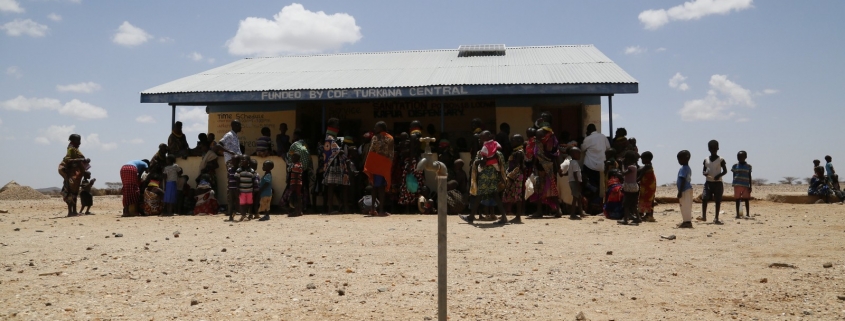
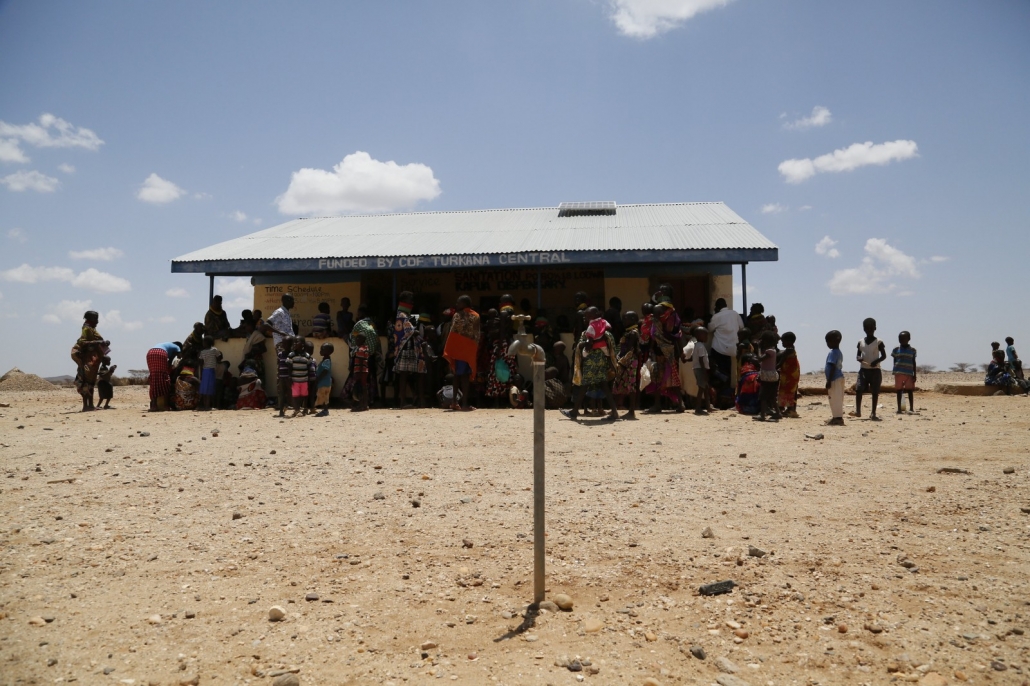

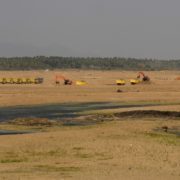

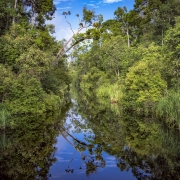
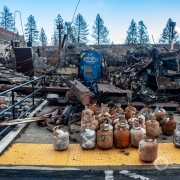




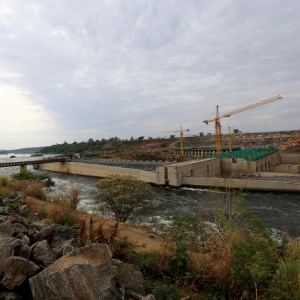

Leave a Reply
Want to join the discussion?Feel free to contribute!